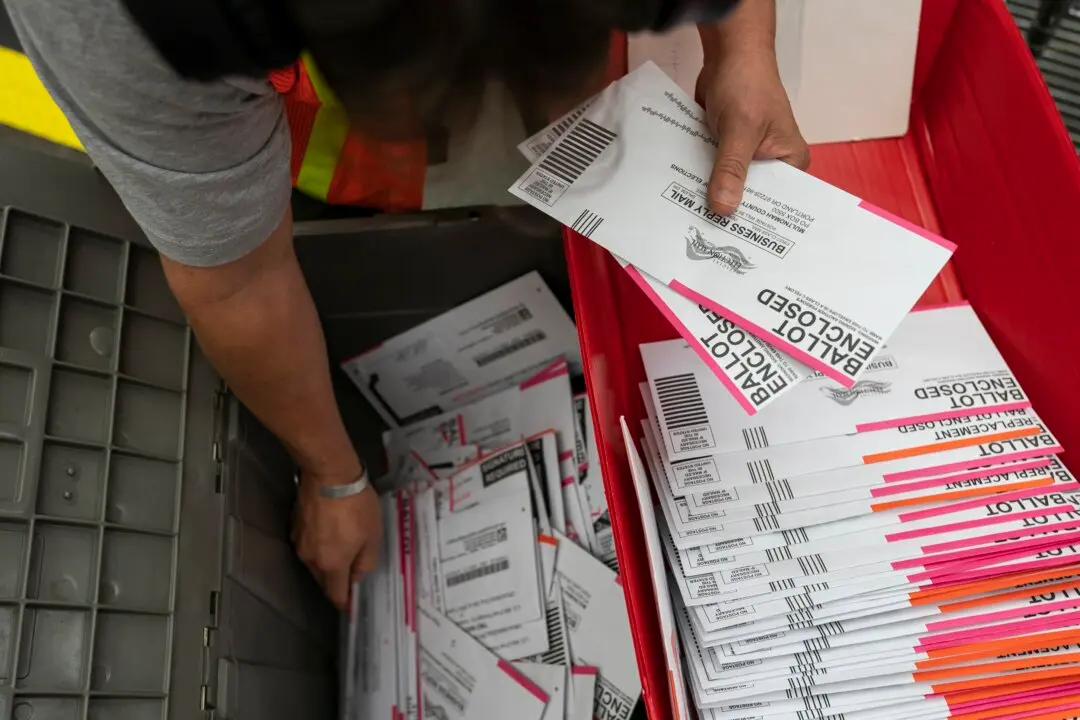A U.S. House race in a district on the outskirts of Portland, Oregon, is becoming a costly one that both parties deem worthy of significant investment.
Democratic-allied groups have put $3.8 million into backing civil servant Jamie McLeod-Skinner in the 5th Congressional District, which extends southeast of the state’s largest city. Meanwhile, Republicans have contributed more than $3 million to her opponent, Lori Chavez-Deremer, the former mayor of the Portland suburb of Happy Valley.





